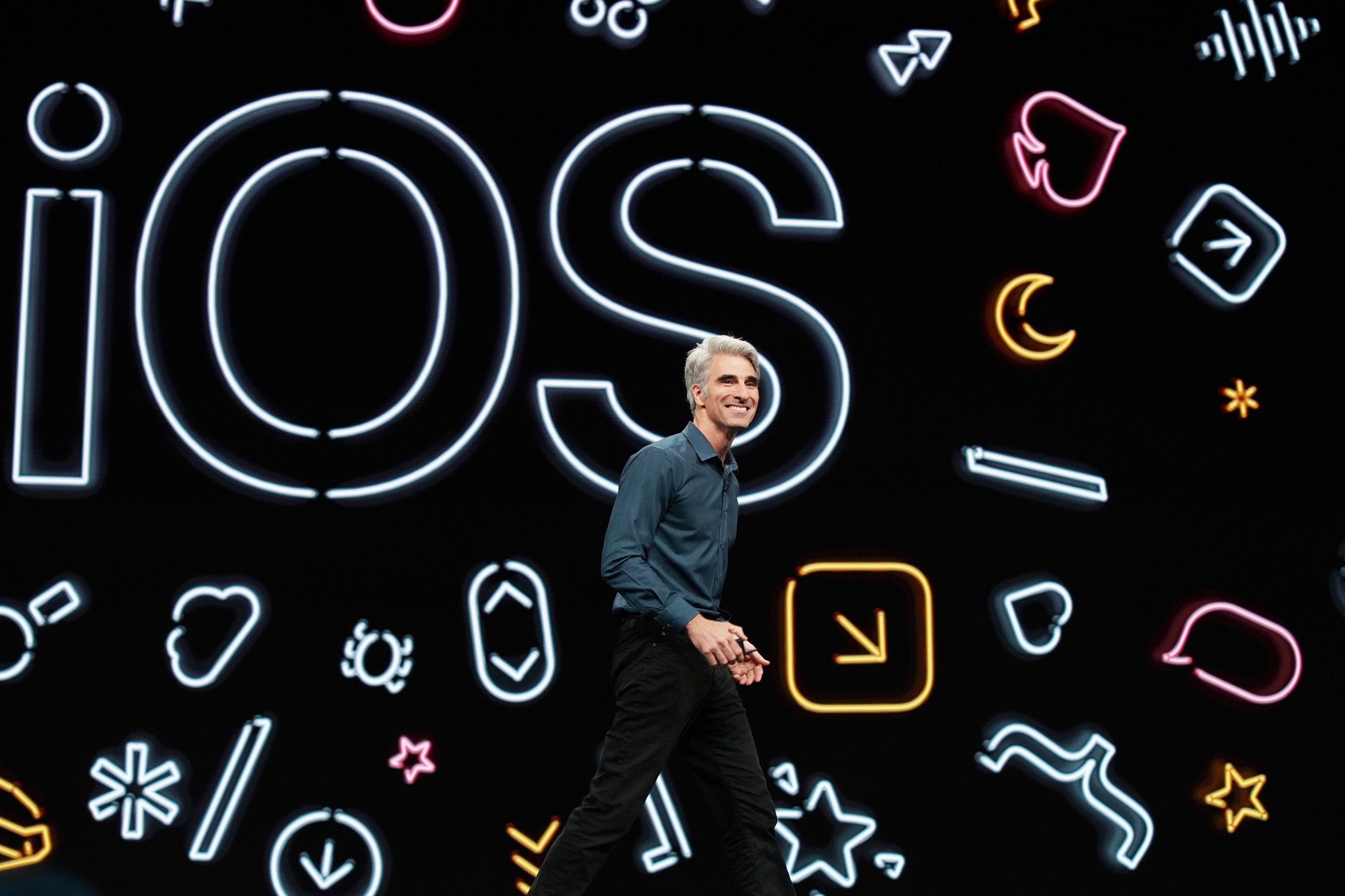Apple's online accessibility event might have given us clues to how WWDC will go down

What you need to know
- This year's WWDC will take place online because of coronavirus.
- Apple held an online accessibility workshop yesterday.
- One developer has shared how it all worked.
Apple held an accessibility workshop online yesterday, with developers invited to attend remotely. On the face of it that might not seem all that interesting, but with this year's WWDC taking place online instead of in San Jose – thanks, coronavirus – it might have given us clues as to what we should expect from a remote WWDC.
Developer Russ Freeman attended yesterday's workshop and shared details in a Medium post. His experiences make for interesting reading, starting with the news that the whole thing was handled via Webex.
The session started with the almost predictable delays associated with online meetings, although this wasn't the usually 10 mins of "Can you hear me, you are on mute" — this was an issue with Webex itself- shortly after the session was due to begin a message popped up in the QA section of webex …
Not a great start, but Apple can't be held responsible for Webex.
After that hiccup, everything sounds like it went just fine with developers able to ask questions when they came up. Apple had people on-hand to answer them, too. But one thing worth noting is the lack of a presenter as such. Because developers were staring at a slide deck they were able to focus more. But that, too, comes with its own downsides.
At WWDC the presentations usually show a few Apple team members whilst they are talking through the content as well as the slides etc. The new format definitely focused more on the content — the WWDC format sometimes means that some code or example is not visible as the deck is obscured or the focus is on the presenter (or even sometimes you are just mesmerised by the power of a 3 wolf moon tee 😃). Seeing a presenter when you are physically at WWDC though, does mean that if you see them in the labs later in the week, you can ask them a related question once you have had time to digest the content.
Freeman also notes that the lack of interaction with other developers will be a real miss this year – some developers say that's the reason to go to WWDC rather than to meet with Apple. Many people go to San Jose even if they don't have WWDC tickets for that reason alone.
Obviously this was the major difference, with an online audience, its difficult to have meaningful interactions in a community space while at an online presentation. As mentioned above it was cool to be able to see other peoples questions, but it would be nice to be able to talk further to people in threads etc. I have often said that I get as much from speaking to people in queues or in sessions as I do from the presentations at WWDC.
There are no guarantees that this is how Apple will run its WWDC sessions, and it's very unlikely to be how the main keynote goes down. But if you're a developer anxious about how this year's event will pan out this might be a worthy read. I can't promise it will ease your nerves.
Master your iPhone in minutes
iMore offers spot-on advice and guidance from our team of experts, with decades of Apple device experience to lean on. Learn more with iMore!

Oliver Haslam has written about Apple and the wider technology business for more than a decade with bylines on How-To Geek, PC Mag, iDownloadBlog, and many more. He has also been published in print for Macworld, including cover stories. At iMore, Oliver is involved in daily news coverage and, not being short of opinions, has been known to 'explain' those thoughts in more detail, too. Having grown up using PCs and spending far too much money on graphics card and flashy RAM, Oliver switched to the Mac with a G5 iMac and hasn't looked back. Since then he's seen the growth of the smartphone world, backed by iPhone, and new product categories come and go. Current expertise includes iOS, macOS, streaming services, and pretty much anything that has a battery or plugs into a wall. Oliver also covers mobile gaming for iMore, with Apple Arcade a particular focus. He's been gaming since the Atari 2600 days and still struggles to comprehend the fact he can play console quality titles on his pocket computer.
